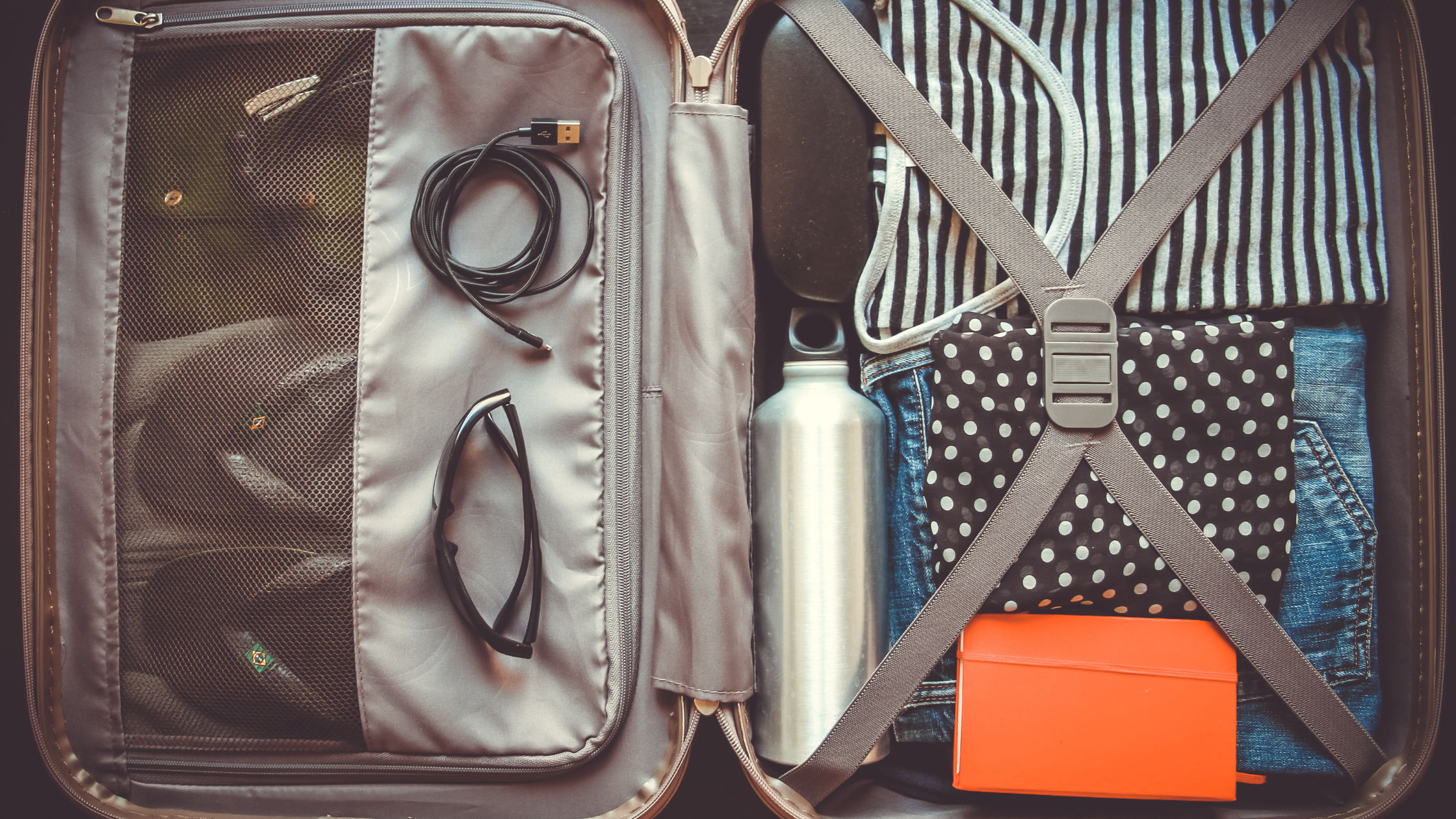We know that packing your principal’s suitcase can be a daunting task. Are you feeling overwhelmed at the thought of packing for your principal’s upcoming business trip? Don’t worry, we’ve got you covered! In this ultimate guide, we’ll walk you through everything you need to know to ensure your boss is well-prepared and organized for their travels.
1. Start with a Detailed Packing List
The key to successful packing is to start with a detailed packing list. Sit down with your principal if possible and go over the itinerary together to determine what items they will need for each day of the trip. This can also be done with the personal assistant if this is more appropriate. Make sure to include essentials such as clothing, toiletries, electronics, and any specific items required for their meetings or events.
2. Choose the Right Suitcase
Before you even start packing for your principal, ensure you have the right suitcase for the trip. Consider the duration of the trip, the destination, and any specific requirements such as size restrictions for carry-on luggage. Opt for a lightweight, durable suitcase with multiple compartments for easy organization. High-quality, designer suitcase that not only looks stylish but also offers ample space and compartments to keep your belongings organized. Consider brands like Rimowa, Louis Vuitton, or Tumi for a blend of luxury and functionality.
3. Organize Clothing and Accessories
When packing clothing for your principal, it’s important to consider the weather at their destination and any dress codes they may need to adhere to. Lay out each outfit, including accessories and shoes, to ensure everything coordinates and fits properly. Consider using packing cubes or garment bags to keep items organized and wrinkle-free, we also recommend using tissue paper between each layer of clothing. Place shoes in the cloth bags they came with, clean them before if they look like they need it.
4. Pack Efficiently
To maximize space in luggage, roll clothing items instead of folding them. Utilize the space inside shoes and pockets for smaller items like socks and underwear. Consider using travel-sized containers for toiletries to save space and prevent spills. Always place a wash bag in a plastic bag, in case there are spills and leaks. If there is room then we suggest packing the way a butler would, by laying items flat in the case with tissue paper in between, starting with heavier items first like suit jackets. Shoes and belts can then be placed around the side of the case. This method means that not only is it easier to pack the other end but there are less creases in the clothes.
5. Don’t Forget Important Documents
Make sure your principal has all necessary documents for their trip, including their passport, itinerary, tickets, and any required identification or visas. Keep these items organized in a secure and easily accessible location, such as a travel wallet or pouch.
6. Pack Essential Electronics
Ensure your principal has all necessary electronics for their trip, including chargers, adapters, and any devices needed for work or communication. Pack these items in a separate bag or pouch to keep them organized and easily accessible and coil them neatly. If there are lots of cables sometimes it helps to add a label on the cable for the device it is used for, making it much easier to find and use.
7. Communication When Packing Your Principal’s Suitcase
It may very well be that the principal is heading to another of their properties in another location or even their yacht. It’s always prudent to communicate with the staff that may receive the bag and unpack it. Send through the packing list along with any relevant information and instructions. This also means that you can track where items are, principals often forget they have left their suit or ball gown elsewhere until they need it at the last minute! Ensure you have labeled the bags with a classy and discreet tag, there may be more than one Rimowa case on the jet!
Providing guidance on tasks like packing and unpacking can help staff adapt to new duties. This support is crucial for those transitioning to roles where these responsibilities were not part of their previous job descriptions. If you need some help with this then we can provide support in either training or consultancy, reach out to us today.

